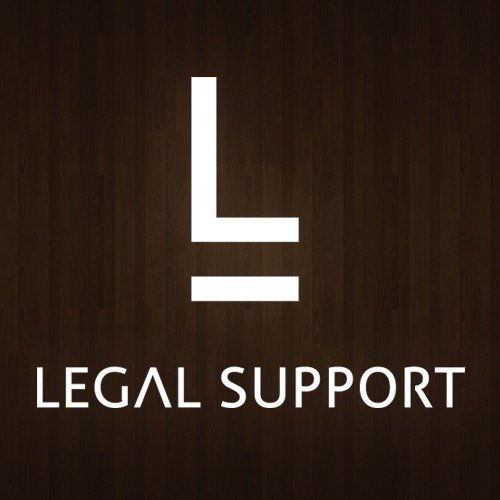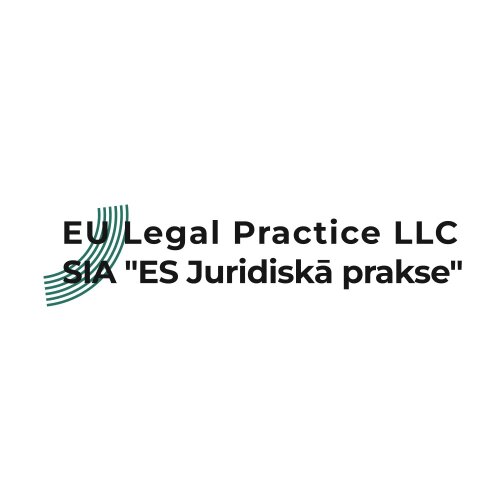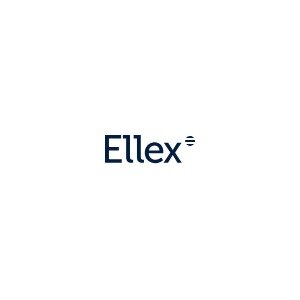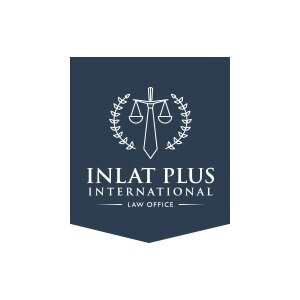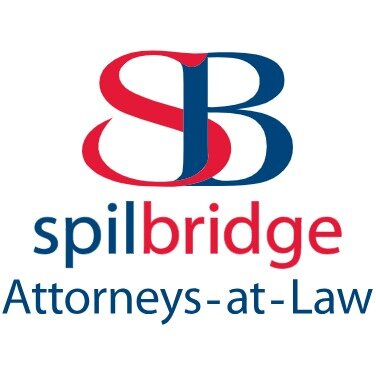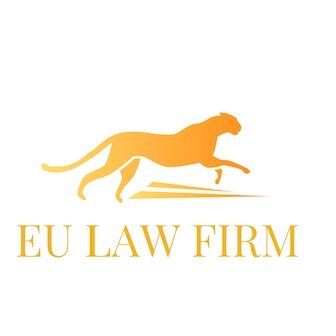Best Corporate Governance Lawyers in Riga
Share your needs with us, get contacted by law firms.
Free. Takes 2 min.
List of the best lawyers in Riga, Latvia
About Corporate Governance Law in Riga, Latvia
Corporate governance in Riga, Latvia, refers to the legal frameworks, practices, and processes by which companies are directed and controlled. It includes the rules and procedures governing the relationships among a company's management, board of directors, shareholders, and other stakeholders. As the economic and business hub of Latvia, Riga follows local laws established under the Commercial Law of Latvia (Komerclikums), related legislation, and relevant European Union directives. Good corporate governance is essential for enhancing transparency, safeguarding stakeholders' interests, and achieving sustainable business growth.
Why You May Need a Lawyer
Navigating corporate governance can be complex, especially in a dynamic environment like Riga. You may require a legal specialist in situations such as:
- Establishing a new company or joint venture
- Drafting or reviewing articles of association and shareholder agreements
- Resolving disputes among shareholders or directors
- Ensuring compliance with local and EU corporate regulations
- Managing director or officer liability issues
- Implementing internal compliance procedures
- Risk assessment and managing conflicts of interest
- Mergers, acquisitions, or corporate restructuring
- Responding to regulatory investigations
A knowledgeable lawyer can help protect your interests, advise on best practices, and minimize the risk of legal issues arising from non-compliance or poor governance.
Local Laws Overview
The primary legislation governing corporate governance in Riga is the Commercial Law of Latvia. Key local aspects include:
- Definition of company types: limited liability companies (SIA), joint stock companies (AS), partnerships, and others
- Mandatory requirements for management boards and supervisory boards
- Shareholder meeting procedures, voting rights, and minority protection
- Disclosure obligations and filing requirements with the Enterprise Register of Latvia
- Rules for preventing conflicts of interest among directors and managers
- Liability of board members for damages caused to the company or creditors
- Corporate reporting, including annual financial reports and audits for certain entities
- Anti-money laundering and anti-corruption compliance
- Employee and stakeholder engagement in governance, depending on company size
Additionally, EU corporate directives and regulations also apply, especially for larger companies or those operating cross-border.
Frequently Asked Questions
What type of company structures are available in Riga, Latvia?
The most common business structures are limited liability companies (SIA), joint stock companies (AS), and partnerships. Each has different governance and regulatory requirements.
Is it mandatory to have a board of directors?
Yes. Joint stock companies must have a management board and a supervisory board. Limited liability companies must have at least one board member, but a supervisory board is optional.
What are the main duties of board members?
Board members must act in the best interests of the company, exercise due care, avoid conflicts of interest, keep company information confidential, and comply with legal obligations.
How can minority shareholder rights be protected?
Latvian law provides specific protections for minority shareholders, such as the ability to call meetings, demand information, and challenge unfair decisions in court.
Are there any requirements for reporting and transparency?
Yes. Companies must file annual reports, maintain updated company records, and disclose information about ownership and management with the Enterprise Register.
What are the consequences of breaching corporate governance laws?
Breaching governance laws can lead to fines, disqualification of directors, compensation for damages, or even criminal liability in cases of fraud or misconduct.
Do foreign nationals face any restrictions in company management?
EU and EEA nationals can freely manage Latvian companies. Non-EU nationals can also be directors but may face additional documentation or residency requirements.
What role do employees play in corporate governance?
In larger companies or those with specific legal thresholds, employee representation on supervisory boards may be required. Otherwise, employee engagement is typically managed by internal policy.
How can I change the board members or company statutes?
Changes to the board or statutes require a shareholders' resolution and must be registered with the Enterprise Register of Latvia.
Is it necessary to have internal corporate policies?
While not always mandatory, internal control policies and compliance programs are highly recommended to ensure regulatory compliance and good governance.
Additional Resources
If you need more information or assistance, the following organizations and resources can be helpful:
- Enterprise Register of Latvia - official authority for company registrations and filings
- Financial and Capital Market Commission - oversees listed companies and financial institutions
- Latvian Chamber of Commerce and Industry - offers guidance to businesses on governance issues
- State Revenue Service - provides information on tax compliance and reporting
- Legal libraries and business consultancy services in Riga
Next Steps
If you require legal assistance with corporate governance in Riga, assess your specific needs first. Gather all relevant company documents, statutes, and previous correspondence. Consider arranging an initial consultation with a lawyer specializing in corporate law. A qualified local legal expert can review your situation, provide guidance on compliance, assist with documentation, and represent your interests before regulatory authorities or in dispute resolution processes. Acting proactively and seeking professional advice can help ensure your company operates smoothly and within the law.
Lawzana helps you find the best lawyers and law firms in Riga through a curated and pre-screened list of qualified legal professionals. Our platform offers rankings and detailed profiles of attorneys and law firms, allowing you to compare based on practice areas, including Corporate Governance, experience, and client feedback.
Each profile includes a description of the firm's areas of practice, client reviews, team members and partners, year of establishment, spoken languages, office locations, contact information, social media presence, and any published articles or resources. Most firms on our platform speak English and are experienced in both local and international legal matters.
Get a quote from top-rated law firms in Riga, Latvia — quickly, securely, and without unnecessary hassle.
Disclaimer:
The information provided on this page is for general informational purposes only and does not constitute legal advice. While we strive to ensure the accuracy and relevance of the content, legal information may change over time, and interpretations of the law can vary. You should always consult with a qualified legal professional for advice specific to your situation.
We disclaim all liability for actions taken or not taken based on the content of this page. If you believe any information is incorrect or outdated, please contact us, and we will review and update it where appropriate.



